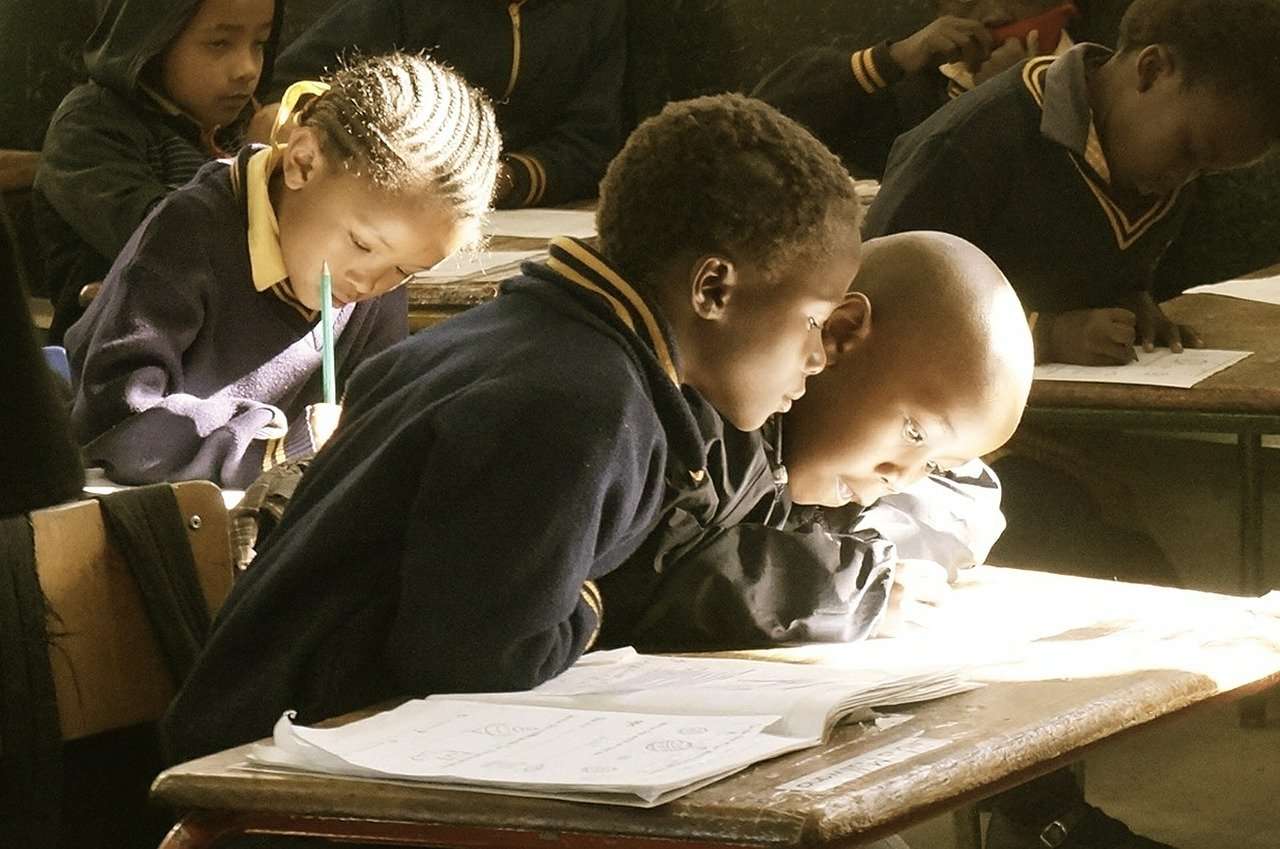Africa is a continent of achievers, and there are countless young achievers in Uganda and Africa who have proven that they’re leaders in their fields. For example, Immaculate Akelo is a feminist and environmentalist who advocates for women and the protection of the environment despite her young age. Other young Africans, like Lupita Nyong’o, have made waves worldwide for their talent and advocacies. In this article, we will look at how young achievers in Ugandan ace the Primary Leaving Examination (PLE) amidst the pandemic.
Table of Contents
How Young Achievers in Uganda Ace the PLE Amidst Pandemic
Every dream has to start somewhere, however. For Ugandan students who hope to make a mark, that starting point is often at the Primary Leaving Examinations.
Uganda Students Are Performing Better Despite the Pandemic
The PLE is a crucial part of any Ugandan student’s life, and can open doors to better educational and job opportunities later down the line. Despite initial fears towards COVID-19 preventing students from taking the test, the number of candidates for the PLE has actually increased. The Independent reports a persistent increase, with 2.5% more registered participants appearing every year since 2016. Scores have also improved. In 2021 alone, 81,864 of the participants passed with a grade of Division 1, allowing them to qualify for post-primary institutions.
One of the explanations for this improvement in performance is the additional avenues for children to learn the skills needed to ace the PLE. For instance, Bridge International Academies has produced high-scoring students by providing students with additional material to prepare for their exams, and teachers with teaching guides to make learning more accessible. Schools are also conveniently located, allowing the children to avoid long walks to class and spend more time studying.
Female Students Are Making a Difference
Numbers from 2020 indicate that there are more female participants, with 53% female students and 47% male students. Uganda Radio Network notes higher female registrations have taken place across different regions, which explains these numbers.
The Kampala Post writes performances differ according to subject matter and gender. Female participants performed better in English, while males obtained higher scores in social studies, science and math. However, there have been additional efforts towards improving scores in science and math-related subjects for both genders.
Some successful programs provide students with experience and attentive teachers, who prepare more engaging lessons. As a result, some female students find themselves doing better in math and science, while male students report an increased interest in English.
Top Performers and Their Aspirations
Better learning conditions have led to students becoming more confident with most of them aiming towards becoming better role models and enrolling in prestigious high schools. But they also have higher aspirations.
A top PLE performer from Bridge schools, for example, showed a strong interest in science. The student went on to describe how debates are helping her improve her communication skills and those of her classmates. She added that she hopes her good performance will allow her to achieve her dream of becoming a doctor.
A Good Sign
The increased number of participants and scores in the PLE is a good sign for Uganda. It shows that both private and government efforts are starting to see results. Not only are families more interested in registering their children on the examination, but there has also been a change in students’ attitudes.
Students are more engaged and proactive with regards to their students, and those students have higher aspirations. These improving results wouldn’t be possible without the efforts of young achievers in Uganda, and the support of experienced and highly motivated teachers. With better scores and greater support, we may be seeing some of these young PLE passers leading the way for Uganda, and Africa, in the years to come.

